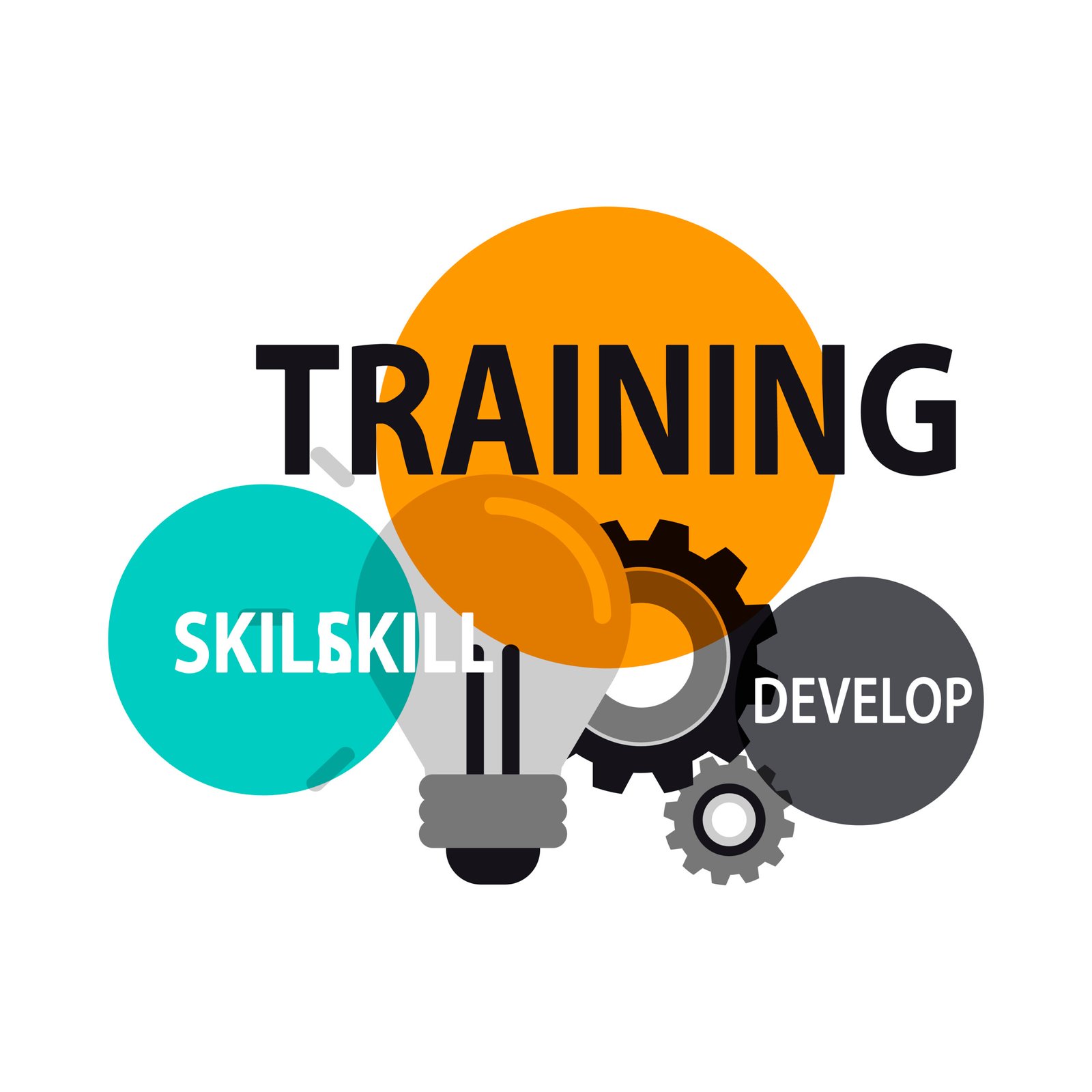In the dynamic landscape of HR, onboarding, reskilling, and upskilling have emerged as critical components of talent management strategy. As CHROs, HR leaders, and industry stalwarts, mastering the art of seamless onboarding and skill development is essential for attracting, retaining, and empowering top talent in today’s competitive market. In this comprehensive blog, we delve into proven strategies and best practices for seamless onboarding, reskilling, and upskilling in HR, drawing insights from India and global examples, and providing actionable tips for success.
Crafting an Exceptional Onboarding Experience
Imagine starting a new job, where excitement mingles with nerves. The onboarding process is crucial, as it influences employee engagement, productivity, and retention. Research from SHRM India shows that organizations with strong onboarding experience 50% higher productivity and 70% higher retention rates. TCS revamped its onboarding by introducing an AI-driven bot that assists new hires with paperwork, provides training materials, and arranges virtual meet-and-greets with colleagues. Consequently, innovation not only streamlined the onboarding process. This also, in turn, significantly enhanced new hire satisfaction and integration into the company culture. Accordingly, TCS experienced a higher retention rate among new employees, which, in turn, led to both cost savings and increased productivity. Furthermore, by fostering a positive onboarding experience, the company also boosted employee engagement, thereby building a more cohesive team overall.

Investing in Reskilling and Upskilling Initiatives
In the era of digital transformation, the skills landscape is evolving at an unprecedented pace. According to a study by NASSCOM India, 60-65% of the Indian IT workforce will require reskilling by 2025 to stay relevant in their roles. Infosys, a leader in the IT sector, has invested heavily in reskilling programs. Through their ‘Lex’ platform, employees have access to over 500 learning modules covering topics from AI to data analytics, helping them stay ahead of the curve. Offer training programs and learning opportunities to employees at all levels. From technical skills like data analytics and AI to soft skills like communication and leadership, organizations must identify skill gaps and provide targeted development opportunities.
Embracing a Continuous Learning Culture
In today’s knowledge economy, continuous learning has become essential for staying competitive and adaptable. Companies like Amazon and LinkedIn have embraced a culture of continuous learning. They offer employees access to online courses, mentorship programs, and learning communities. Mahindra Group’s ‘Rise for Good’ initiative encourages employees to continuously learn and grow through various programs and platforms. They offer extensive resources for professional development, including access to Coursera courses and in-house training sessions. Foster a culture of continuous learning within your organization. This can be by encouraging employees to take ownership of their professional development and pursue lifelong learning opportunities.
Measuring and Evaluating Success through Onboarding, Reskilling, and Upskilling
To ensure the effectiveness of onboarding, reskilling, and upskilling initiatives, HR leaders must establish clear metrics and evaluation criteria. Additionally, key performance indicators (KPIs) such as employee satisfaction, skill proficiency, and business impact can significantly help measure the success of talent development programs. Consequently, by continually assessing these indicators, HR leaders can ensure that their initiatives adapt to evolving industry standards. Ultimately, this proactive approach fosters a culture of continuous improvement and, to summarize, enhances overall organizational performance.
Ultimately, leveraging these KPIs enables organizations to make informed decisions that enhance their talent development strategies. Wipro regularly collects feedback from employees and stakeholders to analyze the outcomes of their training programs. By iterating on these programs based on insights gained, they continuously improve their talent development efforts and drive tangible results.
Conclusion
As CHROs, HR leaders, and industry stalwarts, mastering seamless onboarding, reskilling, and upskilling is crucial for organizational success in the digital age. By creating an exceptional onboarding experience, investing in reskilling and upskilling, organizations can unlock their talent’s full potential in an ever-changing world. Register now for the upcoming RethinkHR event to gain deeper insights and connect with fellow leaders who are shaping the future of talent development in HR.
